

Articles
How To Store Guitars
Modified: February 22, 2024
Learn how to store your guitars properly to ensure their longevity and protect them from damage with our informative articles.
(Many of the links in this article redirect to a specific reviewed product. Your purchase of these products through affiliate links helps to generate commission for Storables.com, at no extra cost. Learn more)
Introduction
Storing guitars properly is essential to maintain their longevity and ensure they are in optimal condition for playing. Whether you are a professional musician or a hobbyist, knowing how to store your guitars correctly can help protect your investment.
When it comes to guitar storage, there are several factors to consider. Temperature, humidity, and exposure to sunlight can all have a significant impact on the instrument’s sound and overall condition. Furthermore, the type of storage space and the preparation of the guitars before storage are crucial elements in maintaining their quality.
In this article, we will explore the key factors to consider when storing guitars. We will discuss the importance of choosing the right storage space, provide tips for preparing the guitars before storage, and offer suggestions for storing guitars with or without hard cases. Additionally, we will share some essential tips for maintaining guitars in storage to ensure they stay in excellent condition.
So, whether you are planning to store your guitars for a short period or long-term, read on to discover how to store your guitars properly and keep them in top playing condition.
Key Takeaways:
- Proper guitar storage involves maintaining optimal temperature, humidity, and security to protect the instruments from warping, cracking, and damage. Choosing the right storage space and preparing the guitars for storage are crucial steps in preserving their longevity and playability.
- Whether using hard cases or alternative storage methods, regular maintenance and monitoring of the storage environment are essential for keeping guitars in top condition. Proper documentation and insurance coverage also provide added protection for valuable or vintage instruments.
Read more: How To Store A Guitar
Factors to Consider When Storing Guitars
When it comes to storing guitars, there are several important factors to consider. These factors can greatly impact the condition and longevity of your instruments. Let’s take a closer look at these key considerations:
- Temperature: Extreme temperatures can have adverse effects on wooden instruments like guitars. High temperatures can warp the wood, while low temperatures may cause the wood to crack. It is crucial to store guitars in a climate-controlled environment, ideally between 70-75 degrees Fahrenheit.
- Humidity: Humidity levels can also significantly impact the condition of your guitars. High humidity can cause the wood to swell and potentially affect the playability and tone of the instrument. On the other hand, low humidity can lead to the drying out of the wood, resulting in warping and cracking. The ideal humidity range for guitar storage is between 45-55%.
- Sunlight: Exposure to direct sunlight can cause the finish of the guitar to fade and the wood to age prematurely. It is essential to store guitars away from windows or any areas with direct sunlight to protect their appearance and overall condition.
- Protection from Dust and Dirt: Dust and dirt can accumulate on guitars over time, impacting their playability and appearance. It is advisable to store guitars in a clean and dust-free environment. Consider using guitar covers or cases to provide an extra layer of protection from dust and dirt.
- Security: Guitars are valuable instruments, both sentimentally and monetarily. When storing guitars, it is important to consider security measures to protect them from theft or damage. If possible, choose a storage space with proper security measures such as locked doors, alarms, and surveillance.
By taking these factors into account and ensuring the proper storage conditions, you can help maintain the quality and condition of your guitars, allowing for years of enjoyment and playability.
Choosing the Right Storage Space
Choosing the right storage space for your guitars is crucial to ensure their safety and well-being. Here are some factors to consider when selecting a storage space:
- Climate Control: Look for a storage space that offers climate control features, such as temperature and humidity regulation. This will help protect your guitars from extreme temperature changes and fluctuations in humidity, which can cause damage to the wood.
- Size and Space: Consider the size and space requirements for storing your guitars. Ensure that the storage space is large enough to accommodate your instruments comfortably, without having to stack or overcrowd them. Adequate space will allow for proper airflow and reduce the risk of accidental damage.
- Security: Security should be a top priority when choosing a storage space. Opt for a facility that offers secure access, video surveillance, and perhaps even individual lockers or units for added protection. Additionally, consider adding extra security measures such as guitar locks or alarms.
- Cleanliness: A clean storage environment is essential to prevent dust, dirt, and pests from damaging your guitars. Choose a storage facility that is well-maintained, regularly cleaned, and equipped with effective pest control measures.
- Accessibility: Consider how frequently you need to access your guitars. Choose a storage space that offers convenient access hours and a location that is easily reachable to ensure that you can retrieve your instruments whenever necessary.
In addition to these factors, it is also a good idea to research and read reviews of different storage facilities in your area. Gather recommendations from fellow musicians or guitar enthusiasts to make an informed decision.
Remember, choosing the right storage space is crucial for the protection and preservation of your guitars. By considering factors such as climate control, security, cleanliness, and accessibility, you can find a storage facility that meets your needs and keeps your guitars safe.
Preparing the Guitars for Storage
Properly preparing your guitars for storage is essential to ensure their longevity and protect them from potential damage. Here are some important steps to follow when preparing your guitars for storage:
- Clean the Guitars: Start by giving your guitars a thorough cleaning. Use a soft, lint-free cloth to remove any dust, dirt, or fingerprints from the body, neck, and fretboard. Pay attention to hard-to-reach areas such as the bridge and tuning pegs.
- Remove Strings: It is advisable to remove the strings from your guitars before storing them. This helps relieve tension on the neck and prevents them from deteriorating over time. Loosen the strings gradually and gently unwind them from the tuning pegs. You can coil the strings and store them separately if desired.
- Protect the Fretboard: Apply a small amount of guitar conditioner or lemon oil to the fretboard to moisturize and protect it during storage. Use a clean cloth to apply the conditioner or oil, and wipe off any excess fluid. This step is particularly important for guitars with unfinished or rosewood fretboards.
- Check and Adjust the Truss Rod: Before storing the guitars, it is a good practice to check and adjust the truss rod. The truss rod helps maintain the neck’s stability and prevents it from warping. If necessary, consult a professional or refer to the guitar manufacturer’s guidelines for proper truss rod adjustments.
- Use Guitar Cases: Place your guitars in high-quality guitar cases for added protection. Hardshell cases provide the best protection against impacts, while soft cases are more lightweight and portable. Ensure that the cases fit the guitars properly, with sufficient padding and support to prevent movement or shifting during storage.
- Store in an Upright Position: When placing the guitars in their cases, store them in an upright position to maintain proper neck alignment. Avoid leaning guitars against walls or stacking them on top of each other, as this can lead to structural damage.
- Avoid Extreme Conditions: Store your guitars in a stable environment, away from extreme temperatures, humidity, and sunlight. Avoid placing them near windows, vents, or areas prone to excessive heat or cold. Optimal storage conditions help preserve the integrity of the instrument.
- Label and Document: Finally, label each guitar case with the instrument’s name or serial number for easy identification. It is also helpful to document the condition of each guitar before storing them, including taking photos or writing notes. This can serve as a reference in case of any issues or changes when retrieving the guitars from storage.
By following these steps and taking the time to properly prepare your guitars for storage, you can help ensure their protection and maintain their quality during extended periods of non-use.
Store guitars in a climate-controlled environment to prevent warping and damage. Keep them in a sturdy guitar stand or case to protect them from accidents and dust.
Storing Guitars with Hard Cases
When it comes to storing guitars, utilizing hard cases can provide an extra layer of protection and security. Here are some key tips for storing guitars with hard cases:
- Clean and Inspect: Before placing your guitars in hard cases, make sure they are clean and free from any dust or debris. Inspect the cases for any signs of damage, such as loose latches or worn-out padding. Address any necessary repairs or replacements before storage.
- Properly Position the Guitars: When placing the guitars inside the hard cases, ensure they are positioned securely and snugly. The guitars should fit comfortably without excessive movement within the case. This helps prevent any potential damage due to shifting during storage.
- Secure the Neck: Use the case’s neck support or a small pillow to provide additional support to the neck of the guitar. This helps relieve pressure on the neck and minimizes the risk of warping or bending over time.
- Protect the Hardware: Protect the hardware, such as the tuning pegs, bridge, and pickups, by placing soft cloth or foam between them and the internal case surface. This prevents any potential scratches or damage caused by contact during storage.
- Store in a Stable Position: Store the guitars in an upright position within the hard cases. This helps maintain proper neck alignment and minimizes the risk of any structural damage. Avoid leaning the cases or stacking them on top of each other, as this can compromise the integrity of the instruments.
- Avoid Excessive Weight: Do not place heavy objects on top of the hard cases, as this can put unnecessary pressure on the guitars inside. Store the cases on a stable surface or shelf where they won’t be subject to any additional weight or stress.
- Control the Environment: Keep the storage area climate-controlled and free from extreme temperature and humidity fluctuations. Maintaining a stable environment helps protect the guitars and ensures their longevity. Consider using a dehumidifier or humidity control devices if necessary.
- Regularly Check and Maintain: Periodically check the guitars stored in hard cases to ensure they are in good condition. Inspect for any signs of damage, such as cracks, loose hardware, or changes in the neck alignment. Additionally, maintain the cases by cleaning them and addressing any repairs promptly.
- Insurance and Documentation: If you store valuable or vintage guitars, consider having them insured. Maintain proper documentation, including photos, serial numbers, and any appraisal or purchase information. This can be helpful in case of loss, theft, or damage.
By following these tips, you can ensure that your guitars are stored safely and securely in hard cases, preserving their condition and protecting your investment.
Read more: How Much Does Guitar Repair Cost
Storing Guitars Without Hard Cases
While storing guitars in hard cases offers optimal protection, there may be instances where you need to store your guitars without the use of hard cases. Here are some tips for storing guitars without hard cases:
- Choose a Safe Storage Area: Select a clean, dry, and secure storage area for your guitars. Ensure that the space is free from extreme temperature and humidity fluctuations, direct sunlight, and potential sources of damage such as pets or heavy items that could accidentally fall on the guitars.
- Use Guitar Stands or Wall Hangers: Invest in high-quality guitar stands or wall hangers to store your guitars. These provide a safe and secure way to display and store your instruments. Choose stands or hangers with proper padding or cushioning to protect the guitars’ finish and prevent any scratches.
- Position the Guitars Properly: When using guitar stands or wall hangers, position the guitars in an upright position. Ensure that they are balanced and stable to prevent any accidental falls or damage. Avoid leaning them against walls or stacking them on top of each other.
- Protect from Dust and Dirt: Dust and dirt can accumulate on guitars even when stored without cases. Consider using guitar covers or cloth wraps to protect the guitars from dust and dirt buildup. Regularly clean the guitars with a soft cloth to remove any dust or debris.
- Control the Environment: Maintain a stable environment by controlling temperature and humidity levels. Use a hygrometer to monitor humidity and consider using a dehumidifier or humidifier to regulate the moisture levels, depending on your climate. Avoid exposure to extreme dampness or dryness, as these conditions can affect the guitars’ condition.
- Rotate and Play the Guitars: If you plan on storing your guitars without hard cases for an extended period, it is advisable to rotate them periodically and play them. Playing the guitars helps prevent moisture buildup in the wood and keeps the strings and fretboard in good condition.
- Regularly Inspect and Maintain: Regularly check the guitars for any signs of damage, such as cracks, loose hardware, or changes in neck alignment. Address any necessary repairs promptly to prevent further issues. Keep the guitars clean and well-maintained by regularly wiping them down and restringing as needed.
- Consider Gig Bags: If you plan on transporting the guitars or need some level of protection, consider using gig bags instead of hard cases. Gig bags provide a lightweight and portable solution, offering some protection against impact and dust. Look for gig bags with adequate padding and pockets for storage of accessories.
While storing guitars without hard cases may not provide the same level of protection as using hard cases, following these tips can help maintain the condition and playability of your guitars during storage.
Tips for Maintaining Guitars in Storage
Proper maintenance is crucial to ensure that your guitars remain in optimal condition while in storage. Here are some essential tips for maintaining guitars during periods of non-use:
- Monitor the Storage Environment: Regularly check the storage environment to ensure that temperature and humidity levels remain stable. Extreme fluctuations in these factors can damage the guitars. Use a hygrometer to monitor humidity levels and consider using a dehumidifier or humidifier as needed.
- Keep Guitars Clean: Dust and dirt can accumulate on guitars over time, even when in storage. Regularly clean the guitars using a soft, lint-free cloth to remove dust and any residue. Pay attention to hard-to-reach areas such as the fretboard, bridge, and tuning pegs.
- String Maintenance: If you store your guitars with the strings still attached, periodically check the strings for signs of corrosion or wear. Replace any rusty or damaged strings promptly. Additionally, loosen the strings slightly to relieve tension on the neck, preventing any potential warping or damage.
- Oil Unfinished Wood: For guitars with unfinished or rosewood fretboards, consider applying a small amount of guitar conditioner or lemon oil to moisturize and protect the wood. This helps prevent the wood from drying out and cracking during storage. Remember to wipe off any excess oil after applying.
- Check for Pest Infestation: Regularly inspect your storage area for any signs of pests that could cause damage to your guitars. Look for droppings, chewing marks, or any evidence of pest activity. If you notice any signs, take immediate steps to address the issue and protect your instruments.
- Rotate and Play: If possible, rotate the stored guitars periodically and play them. Playing the guitars helps prevent moisture buildup in the wood and keeps the strings and fretboard in good condition. Additionally, it allows you to detect any potential issues or changes in the instruments.
- Keep Guitars Covered: Use guitar covers or cloth wraps to protect the guitars from dust and dirt buildup while in storage. Ensure that the covers are clean and dry before placing them over the instruments. Avoid using plastic covers, as they can trap moisture and contribute to mold or mildew growth.
- Perform Regular Inspections: Regularly inspect the guitars for any signs of damage, such as cracks, loose hardware, or changes in neck alignment. Address any necessary repairs promptly to prevent further issues. Additionally, check for any changes in the storage environment that could impact the guitars’ condition.
- Maintain Proper Documentation: Keep a record of the guitars stored, including photos, serial numbers, and any purchase or appraisal information. This documentation can be helpful for insurance purposes or to track the instruments’ condition over time.
By following these tips, you can maintain the integrity of your guitars while they are in storage, preserving their quality and ensuring that they are ready to be played when you retrieve them.
Conclusion
Properly storing guitars is essential for preserving their longevity, protecting their condition, and ensuring they are in optimal playing shape. By considering factors such as temperature, humidity, protection from dust and dirt, and security, you can create an ideal storage environment for your instruments.
Choosing the right storage space, whether it’s a climate-controlled facility or a designated area in your home, plays a significant role in maintaining the quality of your guitars. Preparing the guitars for storage by cleaning them, removing strings, protecting the fretboard, and storing them in upright positions are important steps to take.
If you have hard cases for your guitars, utilizing them provides an extra layer of protection. However, if hard cases are not available, using guitar stands, wall hangers, or gig bags can still offer some level of safeguarding while the guitars are in storage.
While your guitars are in storage, it’s crucial to regularly monitor the storage environment, keep the instruments clean, and perform periodic inspections to ensure there are no signs of damage. Taking the time to rotate and play the stored guitars not only helps maintain their condition but also allows you to enjoy them during the storage period.
Remember to document your guitars and maintain proper insurance coverage for valuable or vintage instruments. This documentation can be invaluable in case of any loss, theft, or damage.
In conclusion, by following the tips and guidelines outlined in this article, you can store your guitars with confidence, knowing they are protected and well-maintained. Taking the necessary steps to store your guitars properly will help preserve their quality, allowing for many years of enjoyment and music-making.
Frequently Asked Questions about How To Store Guitars
Was this page helpful?
At Storables.com, we guarantee accurate and reliable information. Our content, validated by Expert Board Contributors, is crafted following stringent Editorial Policies. We're committed to providing you with well-researched, expert-backed insights for all your informational needs.
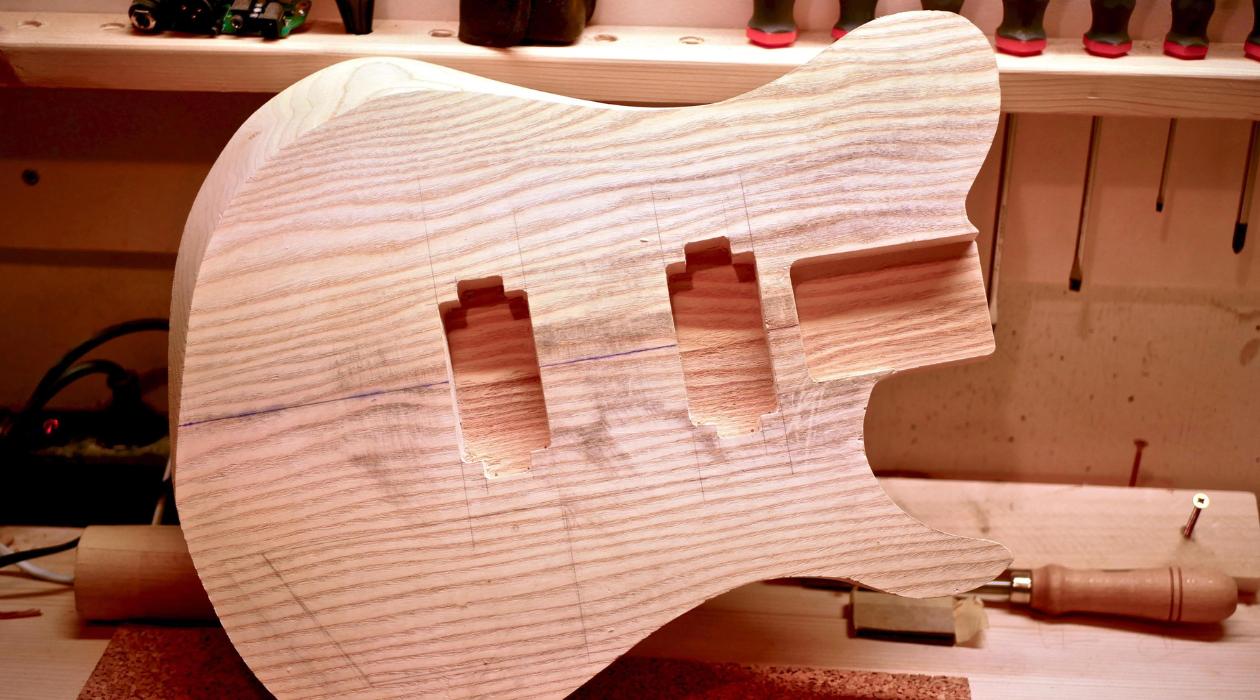
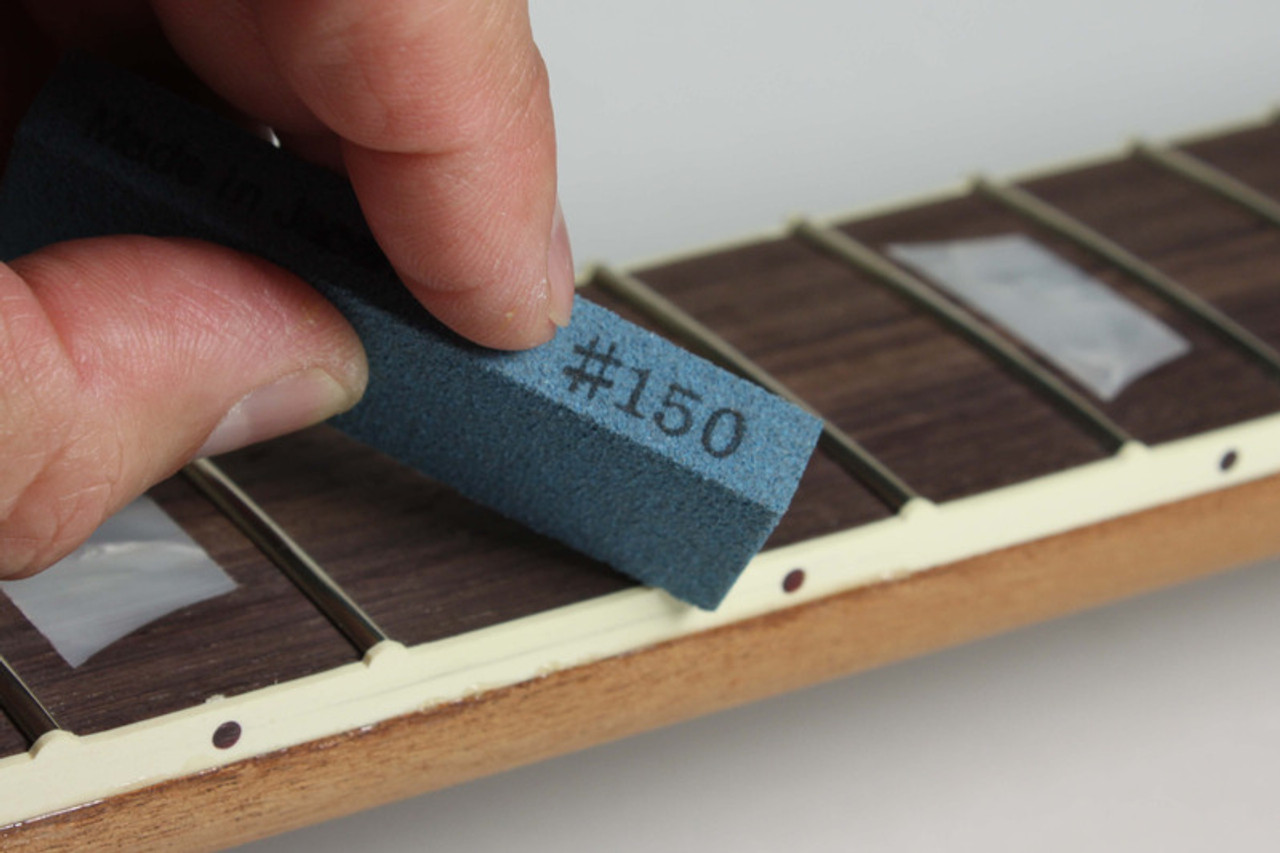
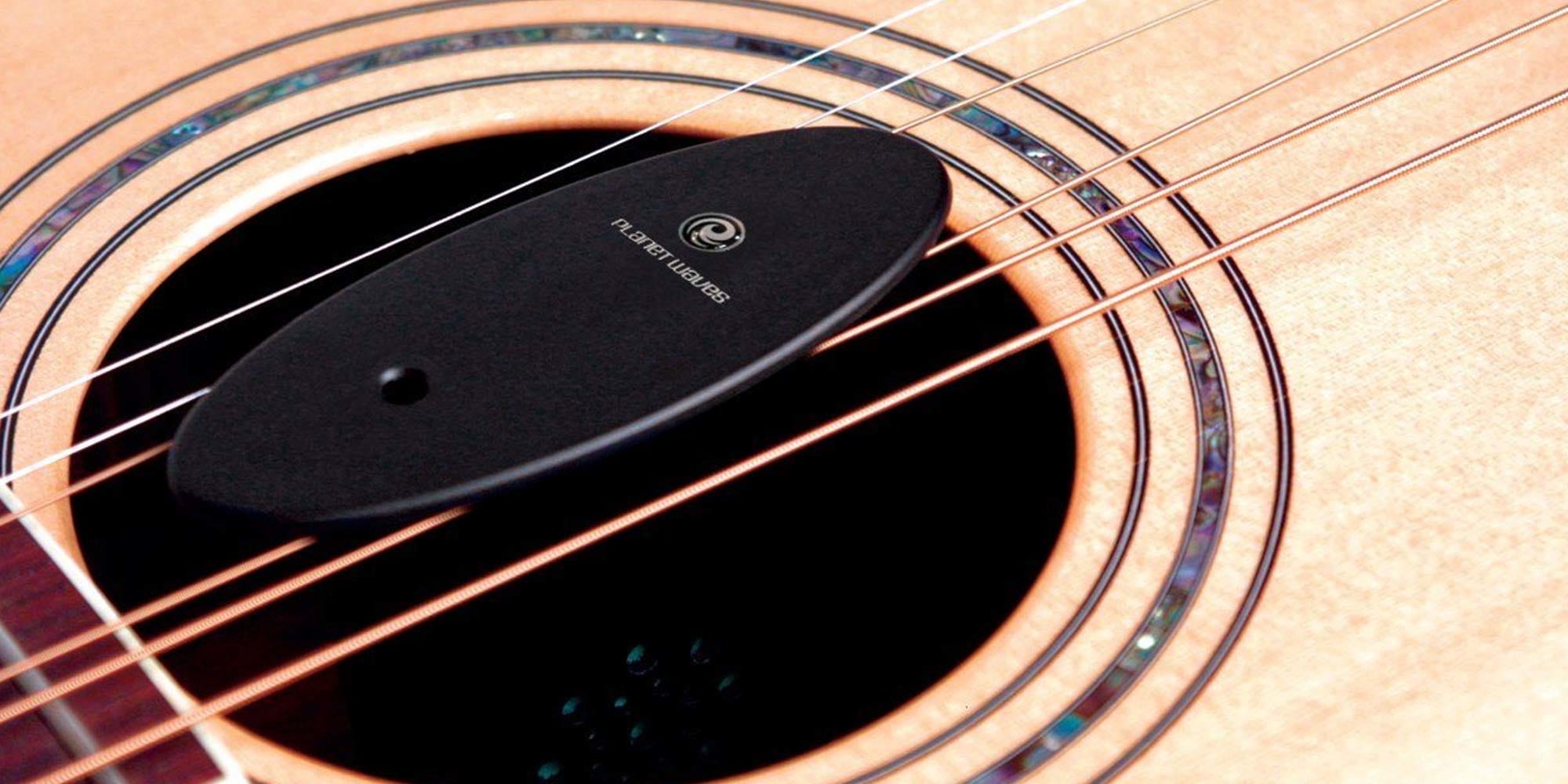
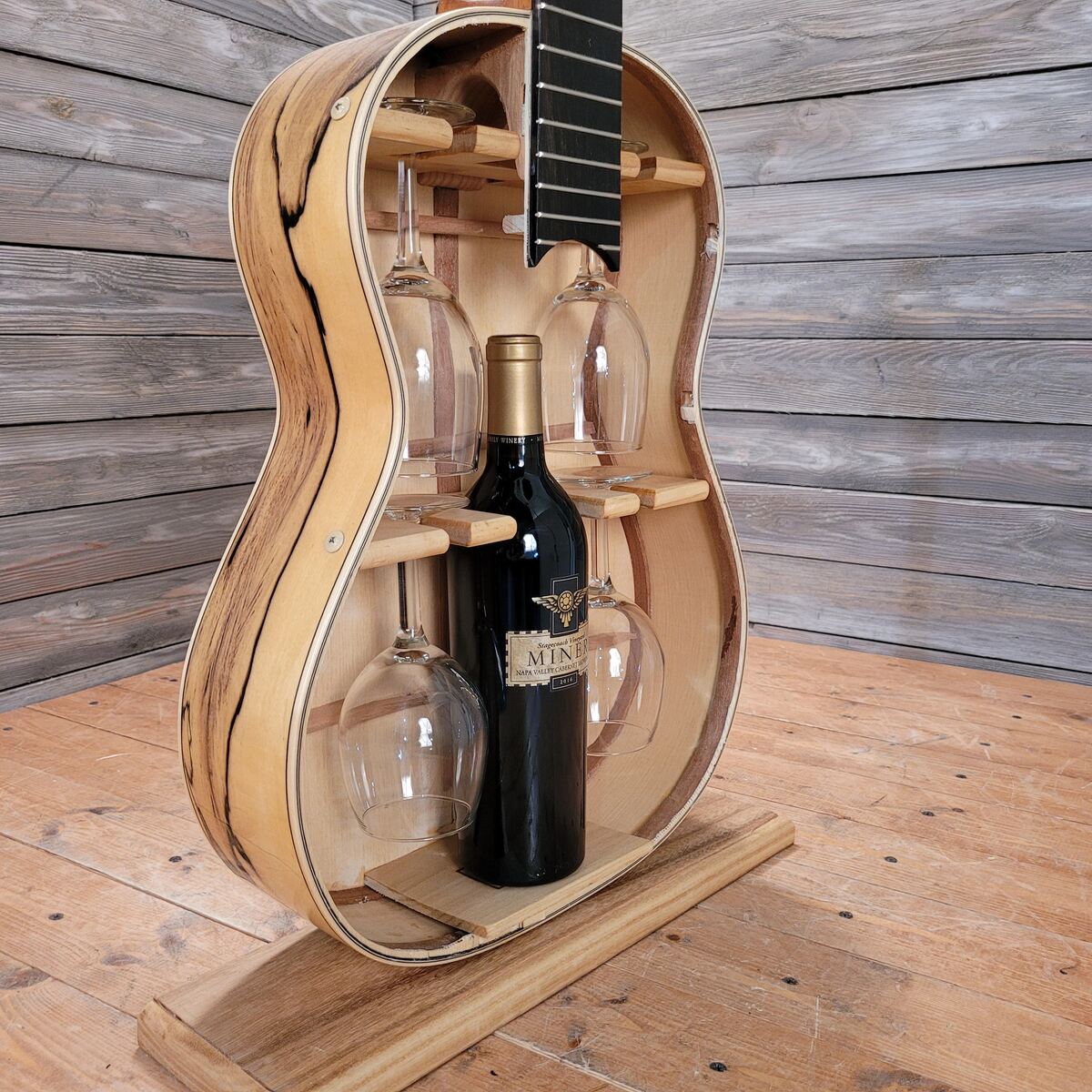
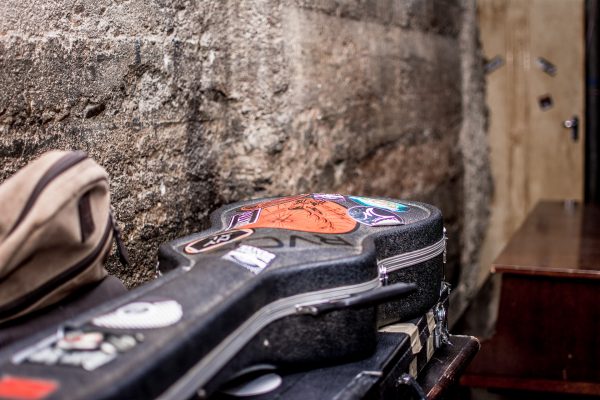


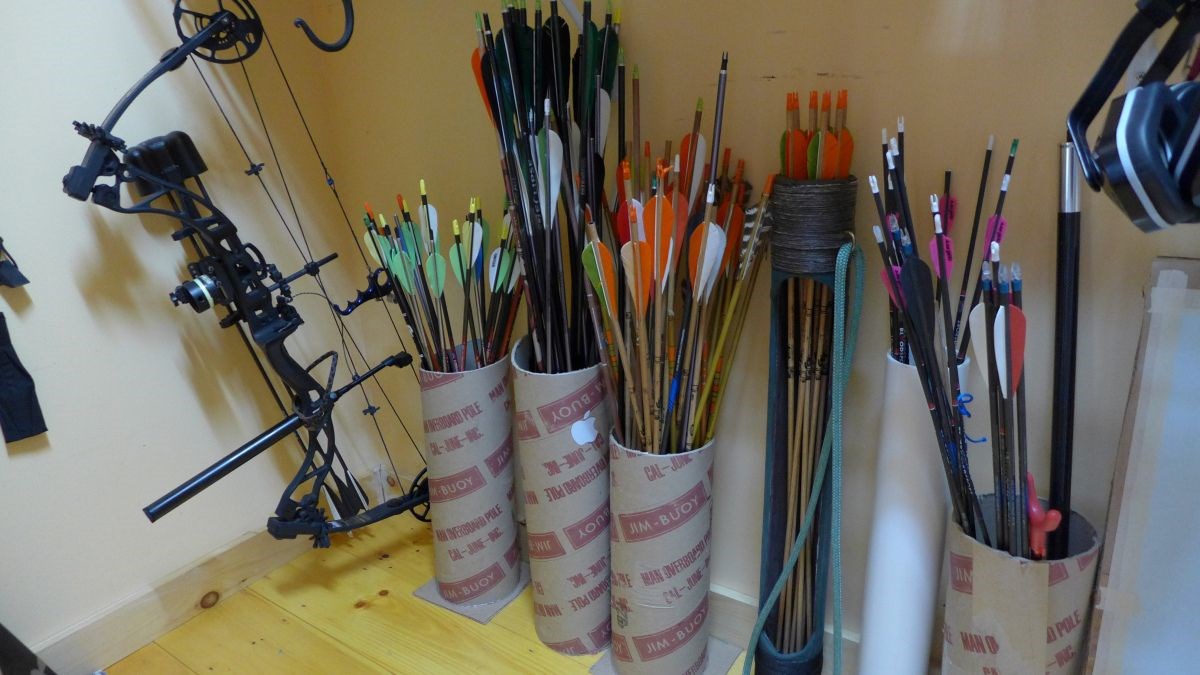
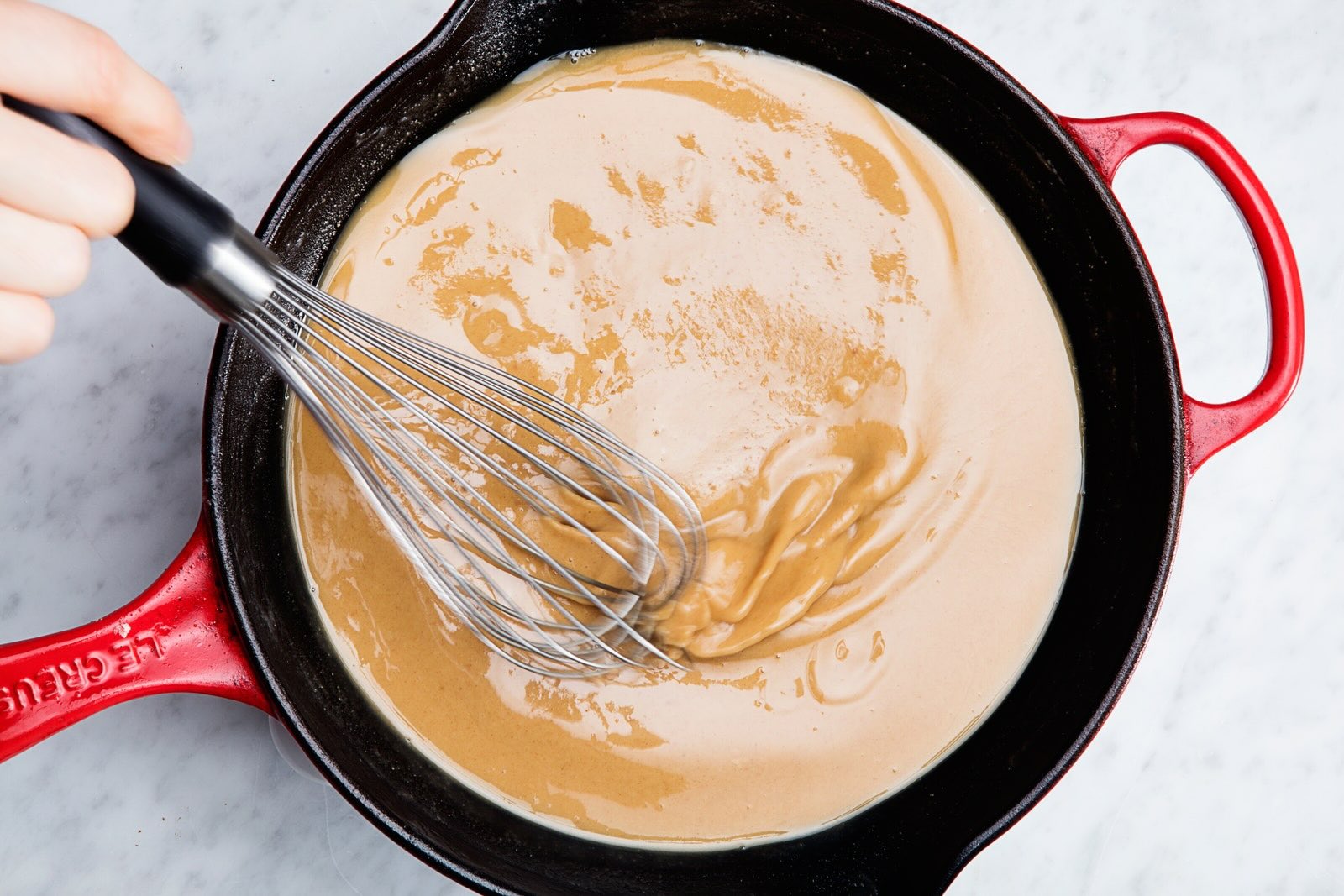






0 thoughts on “How To Store Guitars”